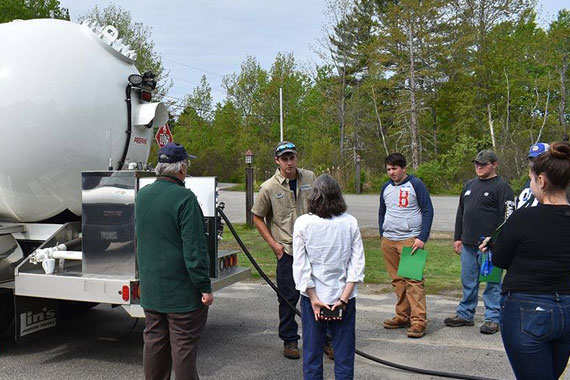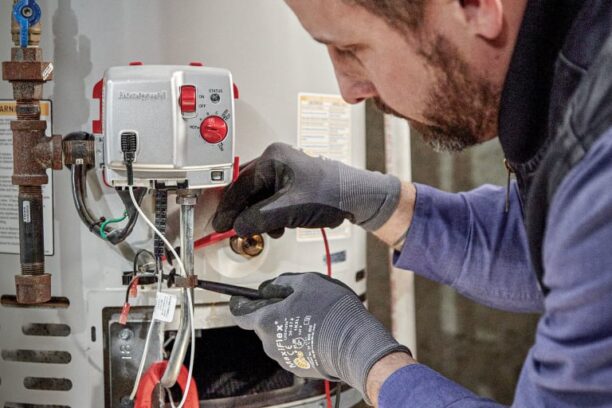Effective Training Techniques for Propane Companies
Taking the time and effort to train employees in the propane industry is essential for both safety and efficiency. Here are some Effective Training Techniques for ensuring that training sticks, along with additional suggestions for successfully implementing these strategies. Utilize Hands-On Learning Hands-on training is crucial in the propane industry. Employees learn best by doing,… Continue reading Effective Training Techniques for Propane Companies


